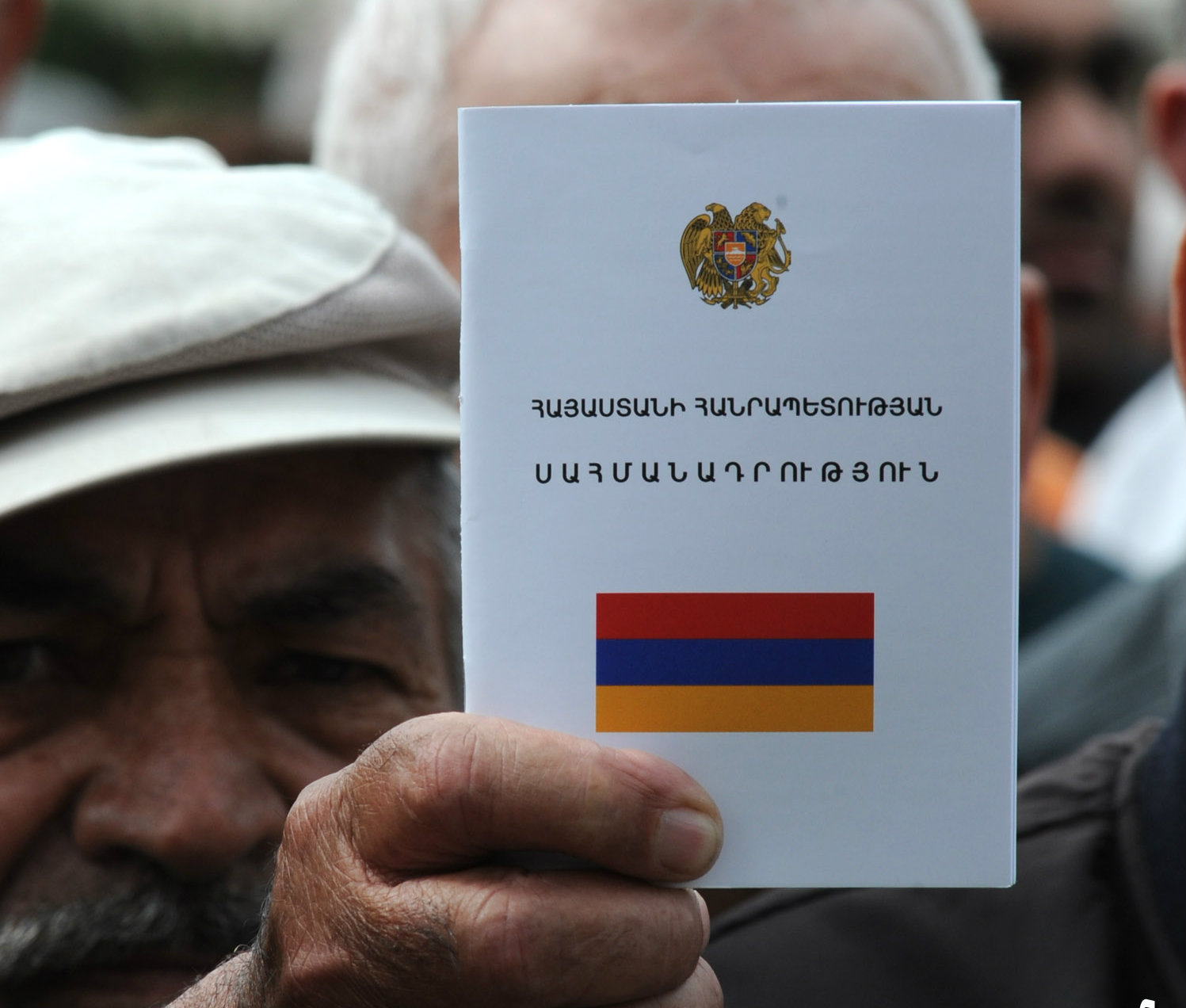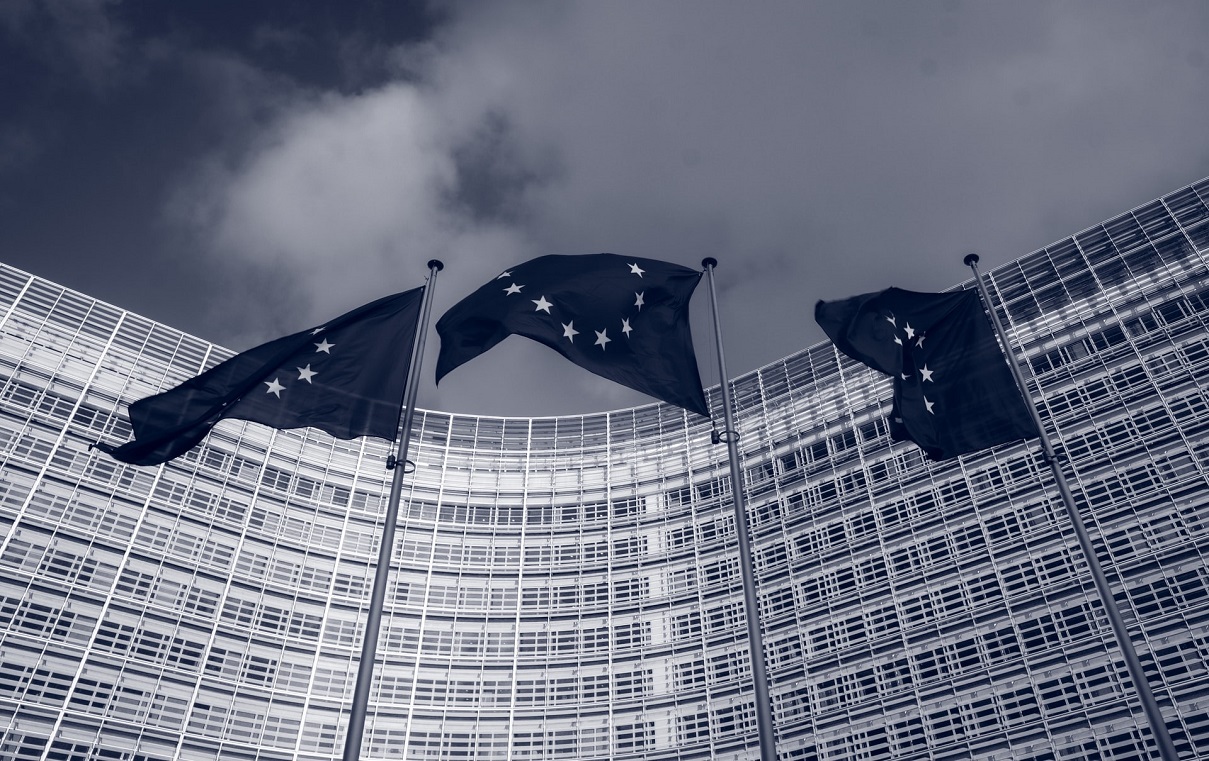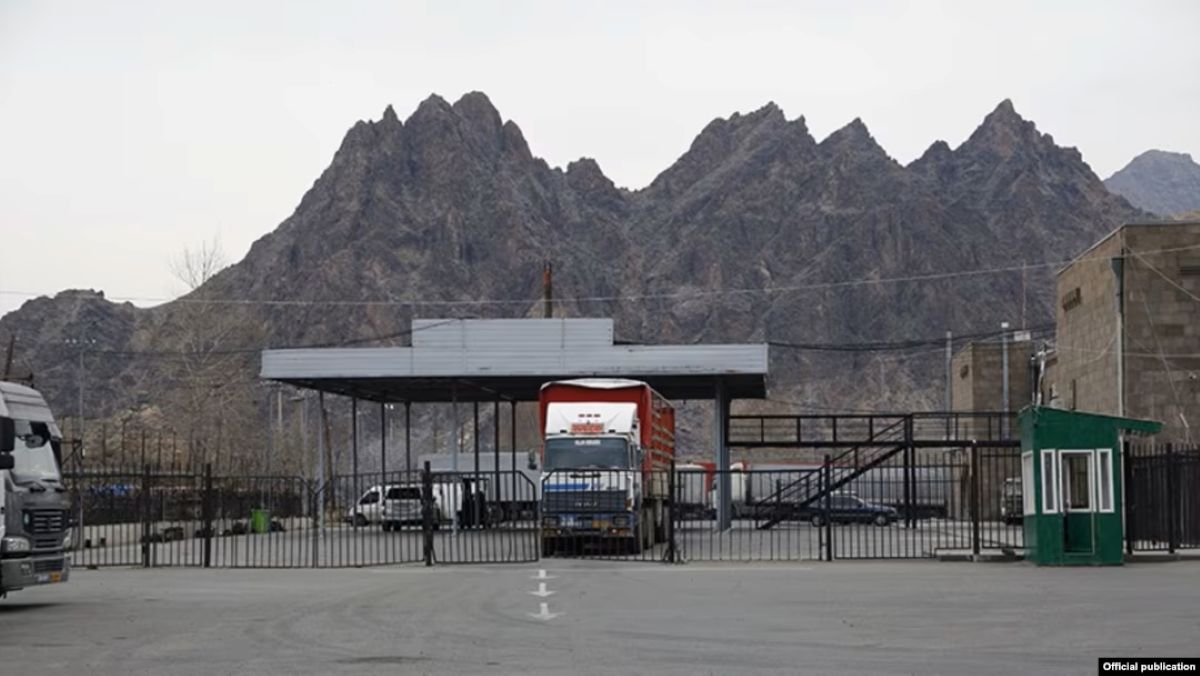Armenia will not change its form of government, but remain a parliamentary country
Armenia will not change its form of government
Armenia will remain a parliamentary country, the form of government will not change. The decision was made on November 30 by the Council for Constitutional Reforms. Daniel Ioannisyan, member of the council and program coordinator of the Association of Informed Citizens, announced this on his Facebook page.
He believes that Armenia is not in a position to change its form of government now because it would be “great stress for the public administration system.”
“The parliamentary model of government is less prone to crises and more conducive to their democratic and peaceful resolution. Unlike the presidential (and semi-presidential), in the parliamentary model the executive and legislative powers are formed based on the results of one election, and the confrontation between the legislative and executive powers is practically excluded,” he wrote.
The formation of the Constitutional Reform Council was announced at the end of 2021. It is entrusted with the duty to submit a draft constitutional amendment to the Prime Minister’s Office by June next year.
Details of the Council’s discussions on constitutional reforms, details from the last meeting.
“Holding an interim referendum is unrealistic”
Daniel Ioannisyan believes that it would be much better if the issue of the form of government were decided at a “separate consultative (intermediate) referendum”, and the council created a draft based on its results.
“In this case, the people would feel even more like the author of the rule of law. But unfortunately, in this situation, holding an interim referendum is unrealistic,” he said.
The path of endless crises or stability?
During the meeting, council members presented their arguments regarding the preservation of the current parliamentary model or the transition to a presidential form of government.
According to lawyer David Hakobyan, a change of leader is more likely under the parliamentary model of government than in other forms:
“If it is obvious that if the leader does not have a high rating or good reputation, he can be changed, a new leader can be chosen.”
He believes that serious arguments are needed to change the form of government, because Armenia is already a parliamentary country and has appropriate legislation.
“I would suggest improving the existing structures, trying to strengthen the positions of the parliamentary minority,” Hakobyan maintained.
Those who share this approach say that the parliamentary form is a model of stable governance and that there is no need to switch to another and run the risk of “endless crises and instability.”
According to Masis Melkonyan, a member of the Constitutional Reforms Council who represents the Republic opposition party, it is necessary to switch to a presidential form of government since it is better perceived in society. However, he did not refer to any studies or statistics on this issue. He only stated that he came to this conclusion based on the results of a survey conducted by the Ministry of Justice and an impression received in the course of various public discussions.
He sees the presidential system as “a harsh method of separating the branches of power.” He does not rule out that as a result there may be a “confrontation” between the authorities in the person of the president and the parliamentary majority. But Melkonyan believes that in this situation there will be no indefinite, vague powers, but rather presidential discretion.
“We need to correct the shortcomings of the parliamentary form of government”
The leader of the Bright Armenia party, Armenian Ambassador-at-Large Edmon Marukyan, at a meeting of the council said that he supported the “preservation of the parliamentary system,” but added that it had not yet been fully formed.
“We need to complete this process. The shortcomings that were purposefully left in the current constitution, so that the parliament would be as toothless as possible and so that there was no possibility of counterbalances, must be corrected. And then there will be a working parliamentary system,” he said.
According to Marukyan, the party he leads is a supporter of the formation of a “state on the European model.” He believes that the parliamentary government in Armenia can be a good example of an inclusive system where there is no marginalization of any power, where “winner take all” principled is abandoned, and there is also the possibility of consolidating all those capable of doing something for the country.
“Today’s trends in European development lead to the fact that we have the opportunity to ensure effective external relations, security and economic development of the country even in the conditions of a parliamentary system of government,” deputy Vladimir Vardanyan believes.
He deems important not so much the management model as the introduction of a mechanism of checks and balances.
Council members Yeghishe Kirakosyan, who is the representative of Armenia in the European Court of Human Rights, also does not consider it expedient to switch to a presidential or semi-presidential system. He says there is no need to put additional stress on the system.
Follow us – Twitter | Facebook | Instagram
Armenia will not change its form of government





















